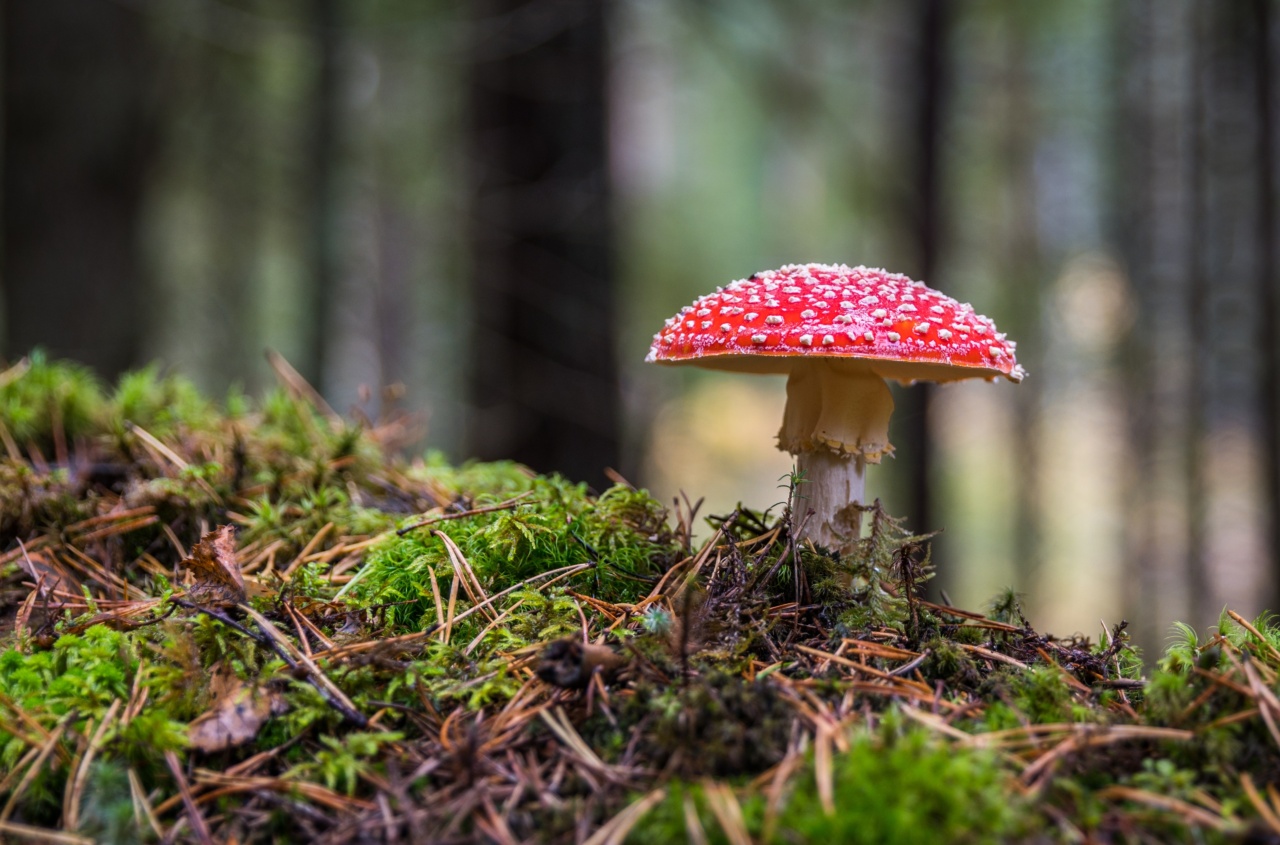Food poisoning is a common occurrence nowadays. Due to the demand for convenience, people have turned to processed food and eating out frequently. Unfortunately, this change in routine has led to more cases of food poisoning.
The good news is that spices can be your natural shield against food poisoning.
What is Food Poisoning?
Food poisoning occurs when you consume food that contains harmful bacteria, viruses or parasites. Symptoms can range from mild to severe and can include nausea, vomiting, diarrhea, stomach cramps, fever, and headache.
In severe cases, food poisoning can even be fatal.
Why Use Spices?
Spices have been used for centuries to add flavor and aroma to food. However, recent studies have shown that spices may also have health benefits.
Some spices have antimicrobial and anti-inflammatory properties that can help protect you against food poisoning.
Top Spices to Use
Here are the top spices to use to protect against food poisoning.
1. Cinnamon
Cinnamon is a popular spice used in many sweet dishes. However, it also has antimicrobial properties that can help protect against food poisoning. It has been found to inhibit the growth of bacteria such as Salmonella and E.coli.
2. Turmeric
Turmeric is a bright yellow spice commonly used in Indian cuisine. It contains curcumin, which has antimicrobial and anti-inflammatory properties.
Turmeric has been found to be effective against a range of bacteria and viruses, including Salmonella and E.coli.
3. Garlic
Garlic is a pungent spice that is commonly used in cooking. It contains allicin, which has antimicrobial properties that can help protect against food poisoning.
Garlic has been found to be effective against a range of bacteria, including Salmonella and E.coli.
4. Ginger
Ginger is a spicy root commonly used in Asian cuisine. It contains gingerol, which has anti-inflammatory properties that can help protect against food poisoning.
Ginger has been found to be effective against a range of bacteria, including Salmonella and E.coli.
5. Oregano
Oregano is a popular herb used in Mediterranean cuisine. It contains compounds such as carvacrol and thymol that have antimicrobial properties. Oregano has been found to be effective against a range of bacteria, including Salmonella and E.coli.
6. Cloves
Cloves are a popular spice used in many sweet and savory dishes. They contain eugenol, which has antimicrobial properties that can help protect against food poisoning.
Cloves have been found to be effective against a range of bacteria, including Salmonella and E.coli.
7. Black Pepper
Black pepper is a common spice used in cooking. It contains piperine, which has antimicrobial properties. Black pepper has been found to be effective against a range of bacteria, including Salmonella and E.coli.
8. Coriander
Coriander is a popular herb used in many cuisines. It contains compounds such as linalool and limonene that have antimicrobial properties. Coriander has been found to be effective against a range of bacteria, including Salmonella and E.coli.
9. Sage
Sage is a popular herb used in Mediterranean cuisine. It contains compounds such as thujone and camphor that have antimicrobial properties. Sage has been found to be effective against a range of bacteria, including Salmonella and E.coli.
10. Thyme
Thyme is a popular herb used in Mediterranean cuisine. It contains compounds such as carvacrol and thymol that have antimicrobial properties. Thyme has been found to be effective against a range of bacteria, including Salmonella and E.coli.
How to Use Spices?
Spices can be used in many different ways to protect against food poisoning. Here are some tips:.
-Add cinnamon to your morning oatmeal.
-Add turmeric to your curries.
-Include garlic in your stir-fries.
-Add ginger to your smoothies.
-Sprinkle oregano on your pizza.
-Include cloves in your baking.
-Add black pepper to your soups and stews.
-Include coriander in your marinades.
-Sprinkle sage on your roasted vegetables.
-Include thyme in your sauces.
Conclusion
Spices have been used for centuries to add flavor and aroma to food. However, recent studies have shown that spices may also have health benefits.
Some spices have antimicrobial and anti-inflammatory properties that can help protect you against food poisoning. By including these spices in your diet, you can improve your health and protect yourself against food poisoning.



























